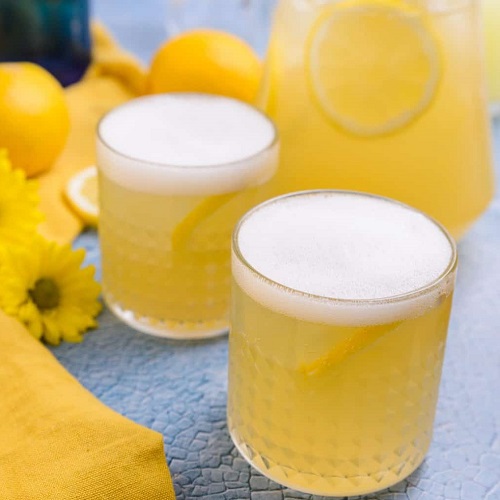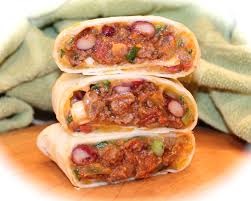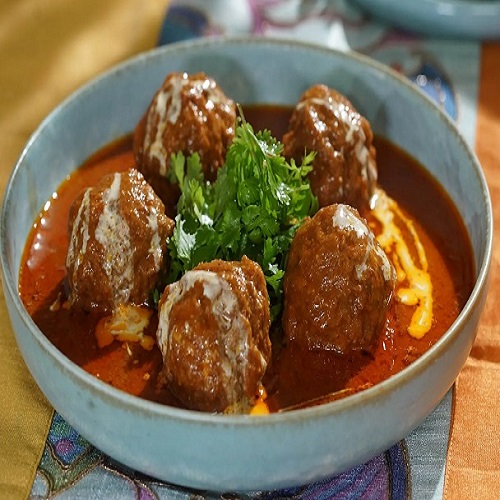Summer Beer

Summer is synonymous with outdoor gatherings, barbecues, and lazy days by the pool. And what better way to complement these activities than with a crisp, refreshing beer? Whether you’re lounging on the beach or firing up the grill in your backyard, having the perfect summer beer in hand can elevate the experience to new heights.
Introduction
When the temperature rises, beer enthusiasts often seek out brews that are light, refreshing, and easy to drink. Summer beers are characterized by their clean, crisp flavors and lower alcohol content, making them the perfect choice for quenching thirst on hot days. But what exactly makes a good summer beer?
Popular Styles of Summer Beers
There are several styles of beer that are particularly well-suited for summer enjoyment. Light lagers and pilsners are known for their smooth, malt-forward profiles and subtle hop bitterness. Wheat beers, with their cloudy appearance and hints of citrus and spice, are another popular choice. For those craving something a bit more adventurous, fruit-infused beers and session IPAs offer a burst of flavor without overwhelming the palate.
Ingredients
The key to brewing a great summer beer lies in selecting the right ingredients. Quality malts provide the base for the beer’s flavor and color, while hops contribute bitterness and aroma. Yeast plays a crucial role in fermentation, converting sugars into alcohol and carbon dioxide. Additionally, brewers often incorporate additional ingredients such as fruit, spices, or herbs to create unique flavor profiles.
Equipment Needed
To brew your own summer beer at home, you’ll need a few essential pieces of equipment. A brewing kettle is used for mashing and boiling the ingredients, while a fermentation vessel allows the beer to ferment properly. Bottles or kegs are necessary for storing and serving the finished product, and a thermometer and hydrometer help monitor the brewing process.
Step-by-Step Brewing Process
Brewing your own summer beer may seem daunting at first, but it’s actually quite simple once you get the hang of it. The process typically involves mashing the grains to extract sugars, boiling the wort with hops, fermenting the beer with yeast, and finally bottling or kegging the finished product.
Recipe for a Refreshing Summer Beer
Here’s a basic recipe for a light and refreshing summer ale:
Ingredients:
- 6 lbs of Pilsner malt
- 1 lb of wheat malt
- 0.5 oz of Hallertau hops
- 0.25 oz of Saaz hops
- American ale yeast
- 1 oz of orange peel (optional)
Instructions:
- Mash the grains in 3 gallons of water at 152°F for 60 minutes.
- Boil the wort for 60 minutes, adding hops according to the schedule.
- Cool the wort and transfer it to a fermentation vessel.
- Pitch the yeast and ferment the beer at 68°F for 2 weeks.
- Bottle or keg the beer and carbonate to your desired level.
Tips for Brewing Success
To ensure your summer beer turns out perfectly every time, follow these tips:
- Maintain strict sanitation practices throughout the brewing process.
- Control fermentation temperature to avoid off-flavors.
- Adjust water chemistry to achieve the desired flavor profile.
Sharing Your Summer Brew with Friends
One of the joys of homebrewing is sharing your creations with friends and family. Consider hosting tasting events where guests can sample different beers and provide feedback, or give bottles of your summer brew as thoughtful gifts for special occasions.
Common Mistakes to Avoid
While brewing beer can be a rewarding hobby, there are some common pitfalls to watch out for. Avoid underpitching yeast, as this can result in sluggish fermentation and off-flavors. Similarly, be cautious when carbonating your beer, as overcarbonation can lead to gushing or exploding bottles. And always remember to prioritize sanitation to prevent contamination and spoilage.
Conclusion
rewing your own summer beer is a rewarding and enjoyable pastime that allows you to create delicious brews perfectly suited to warm weather. By selecting quality ingredients, following proper brewing techniques, and experimenting with different flavors, you can craft the perfect summer beer to enjoy with friends and family all season long.
FAQs
Can I use different types of fruit in my summer beer?
Absolutely! Experimenting with different fruits can add a unique twist to your brew.
How long does it take to brew a batch of summer beer?
The brewing process typically takes around 4-6 weeks from start to finish.
Do I need any special equipment to brew beer at home?
While there are some essential pieces of equipment, you don’t necessarily need anything fancy to get started.
Can I brew beer in hot weather?
It’s best to avoid brewing in extremely hot temperatures, as it can affect the fermentation process. Try to keep your brewing area cool and well-ventilated.
What should I do if my beer tastes off?
If your beer doesn’t taste quite right, it’s possible that something went wrong during the brewing process. Try to identify any potential issues and adjust your technique for next time.



